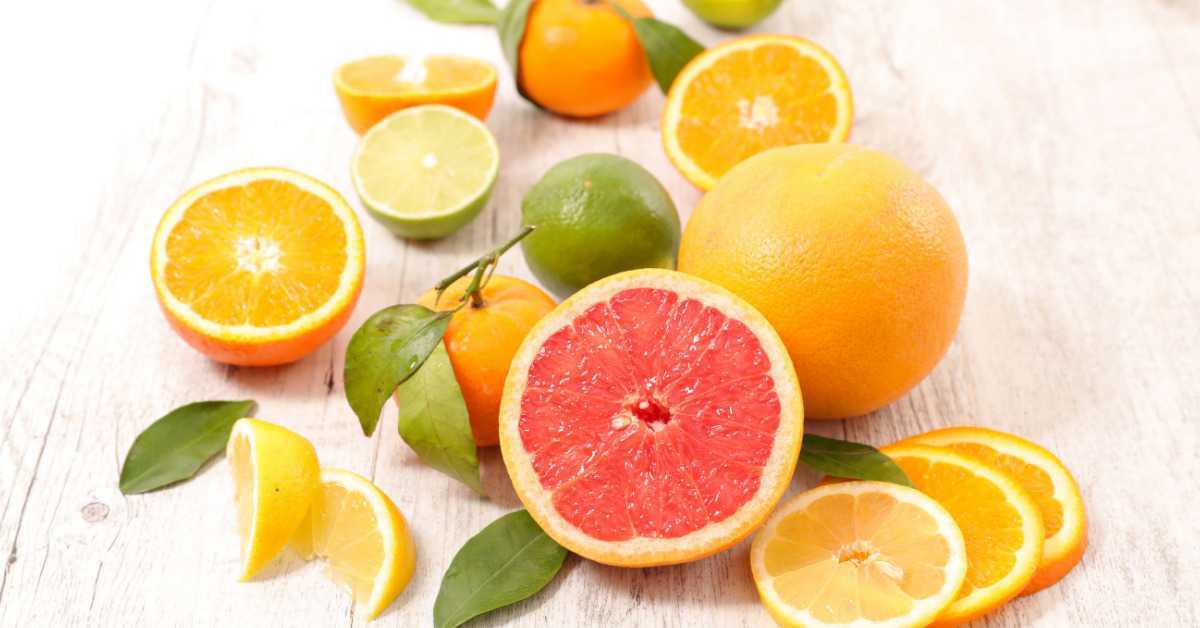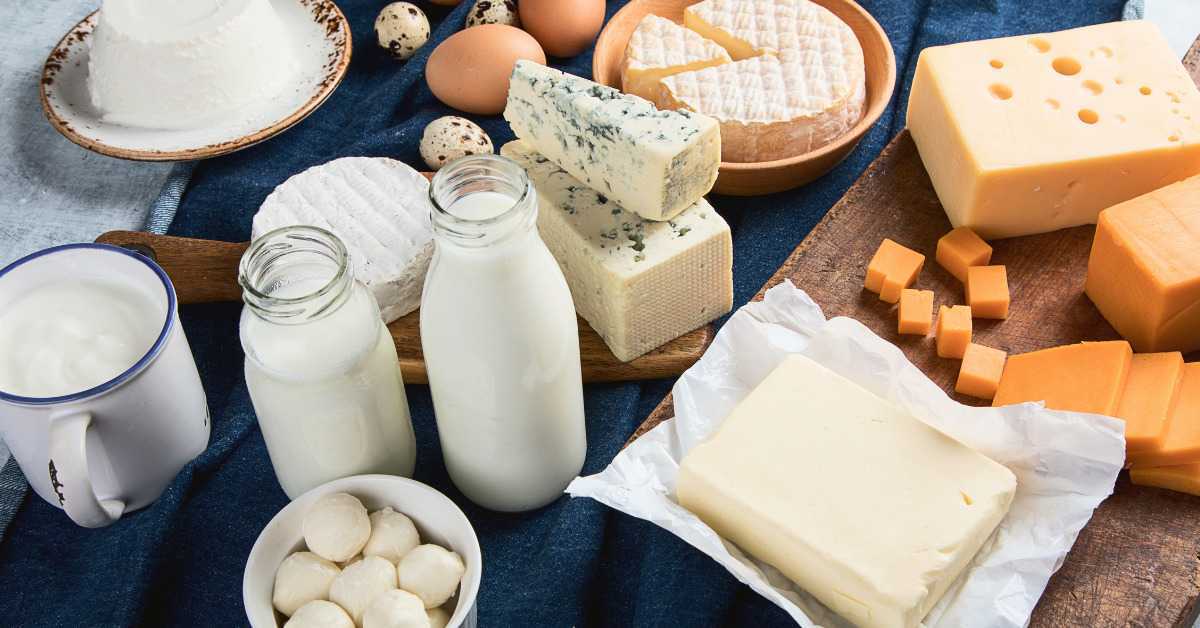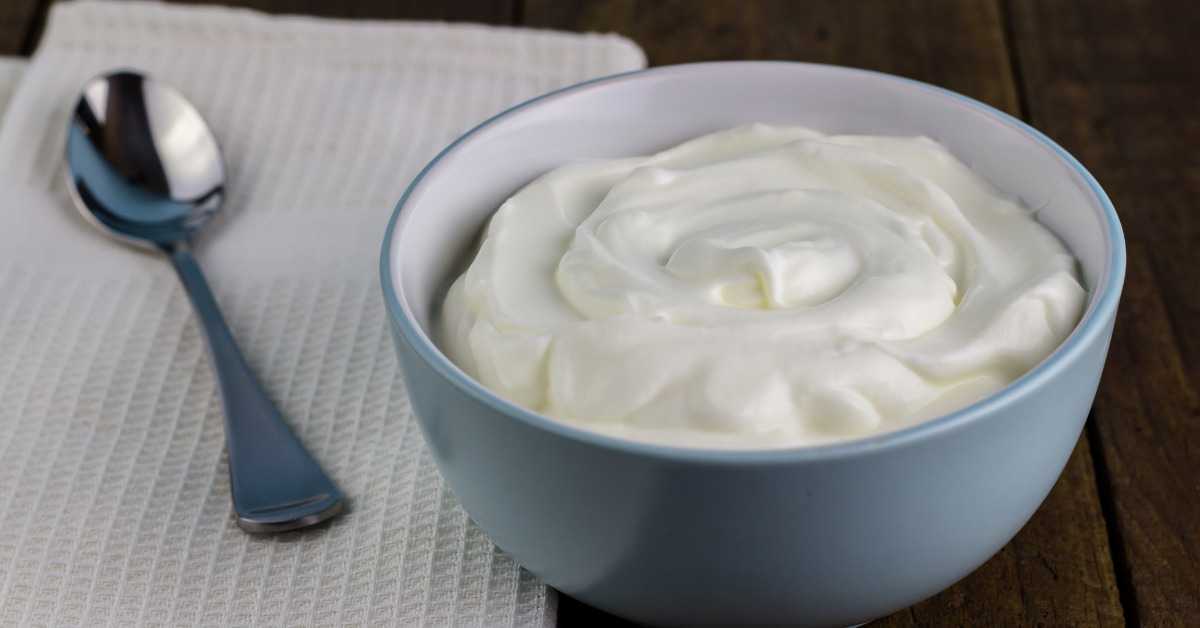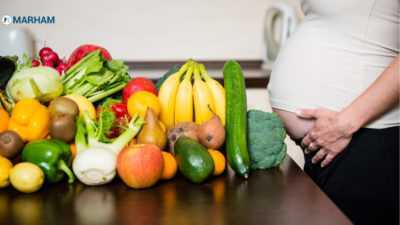Foods increase female fertility and play a vital role in getting pregnant. You may initially be skeptical of foods’ effectiveness in this regard. However, this is true.
It’s critical to remember that while there is no secret diet that guarantees pregnancy, food and lifestyle choices do have a substantial impact on both women’s and men’s reproductive health.
Through their effect on your stomach, blood flow, hormone levels, and overall health, the foods you eat, in combination with other factors such as lifestyle and stress levels, can improve fertility.
What is infertility in females?
Female Infertility is a condition that impairs or limits a woman’s capacity to conceive and give birth to a child. It is easy to diagnose after one year of trying to conceive in heterosexual couples (man and woman) (but maybe diagnosed sooner depending on other factors).
For heterosexual couples, one-third of infertility cases are due to male issues, one-third to female issues, and one-third to a combination of or unknown factors. When the female spouse is the source of infertility, we name it female infertility or “female factor” infertility.
Can food increase female fertility?
A famous saying claims that you become the same as what you eat and also another one says that you can cure yourself with your food. it’s unsurprising that there are numerous foods that can aid with fertility support.
Is your diet filled with items that promote fertility if you’re trying to conceive? In contrast to other uncontrollable factors such as age and heredity, consuming certain meals and avoiding others can aid improve ovulatory performance, according to a Harvard Medical School study.
Understanding female fertility foods
Fertility and diet are trendy topics—and foods associated with fertility are a part of the excitement. Foods increase female fertility is interlinked. Keeping this in mind, the following are some nutritious whole foods that may benefit people looking to improve their diet for conception.
1. Beans and Lentils
Beans and lentils are abundant in fiber and protein, both of which can aid in ovulation improvement. Replacing animal protein with vegetarian sources of protein visibly lessens the risk of ovulatory infertility. Both of these legumes are also high in folic acid, a critical nutrient that promotes conception and proper embryo development.
2. Citrus Fruits
Oranges and grapefruits are excellent sources of vitamin C. Citrus fruits like grapefruits and oranges contain polyamine putrescine, which has a link with improved egg health in several animal studies.


3. Oily Fish
According to a 2018 study, couples who consume seafood daily take less time to conceive than those who consume it infrequently. Omega 3 fatty acids are present in your fish. These are of many kinds like salmon, sardines, herrings, mackerel, mullet, and silver warehouse, which have been linked to increased egg quality and implantation in women.
4. Leafy green vegetables
While all veggies are beneficial for fertility, leafy greens are superstars due to their high nutrient content. They are an excellent source of folate, which is famous for its role in preventing birth defects during early pregnancy. That folate is also critical for fertility present in oily fish.
5. Beets
It is an excellent way to increase the amount of nitric oxide in your body. They are necessary to increase blood flow to the uterus to facilitate embryo implantation. You can have beet greens. It is essential to include them in your diet even during the first trimester of pregnancy.
6. Avocados
These are high in vitamin K, potassium, and folate, which help your body with a variety of functions, including vitamin absorption and blood pressure regulation. They include monounsaturated fats (good fats) that provide an abundance of dietary fiber and folic acid, both of which are necessary during the early stages of pregnancy.
7. Complex carbohydrates
Complex carbohydrates such as whole grains and beans consume a long time to be digested by the body to transform into sugar and insulin. Substituting slow carbs for poor carbs that offer fast sugar (such as cookies, white bread, and white rice) improves fertility because insulin has been shown to impede ovulation.


8. Dairy Products and Whole Milk
Calcium is critical to consume insufficient amounts while trying to conceive, but not all calcium is made equal. Calcium in skim and other low-fat kinds of milk is not as readily absorbed as calcium in whole-fat dairy products. Whole milk is high in protein and vitamin B12.
9. Berries
When it comes to fertility foods, berries are one of the most simple to increase your intake. The important antioxidants like folate and zinc are present in big amounts in blueberries, strawberries, and raspberries. That is critical for you and your partner. Antioxidants neutralize free radicals in the body, which are popular to cause harm to egg cells.


10. Greek yogurt
If you’re looking for a fertility-enhancing food that you can have first thing in the morning, consider Greek yogurt. It is high in calcium and vitamin D, which aid in the maturation of your ovaries’ follicles and supports strong bones.
Conclusion
A balanced diet complements a moderately strenuous fitness routine. If you are one of the women trying to conceive, then you should maintain an active lifestyle. A regular but moderate fitness routine throughout your pregnancy also contributes to a more comfortable and painless birth.
Discuss your fertility, matters with expert doctors and get useful advice. Just tap on Marham. Pk app and get instant medical help.
FAQs
1. How can I naturally improve the quality of my eggs?
There are 7 ways to do so:
- Avoid Cigarettes. Smoking permanently increases the rate of egg loss in the ovaries
- Control your stress
- Stay healthy
- Maintain a healthy BMI (body mass index
- Increase blood flow.
- Take some dietary supplements
- Freeze your eggs
2. Which teas are beneficial to fertility?
Red raspberry leaves tea includes Phyto-progesterone. This may assist to raise progesterone levels, which may improve fertility. It is very useful in this regard as red raspberry leaf reduces inflammation and strengthens the uterine lining.
3. What should I avoid while I’m attempting to conceive?
You should avoid:
- Significant weight loss or gain.
- Excessive exercise.
- Procrastinate too long in starting a family
- Wait until your period is missing
- Quit drinking
- Do not smoke
- Increase your vitamin consumption.
- Increase your energy with energy drinks or espresso shots.
| Android | IOS |
|---|---|
  |
  |

